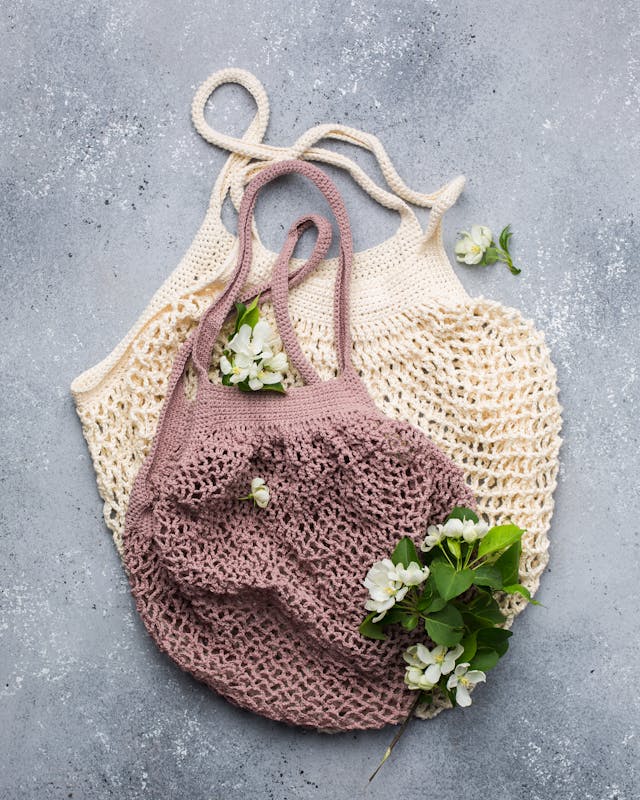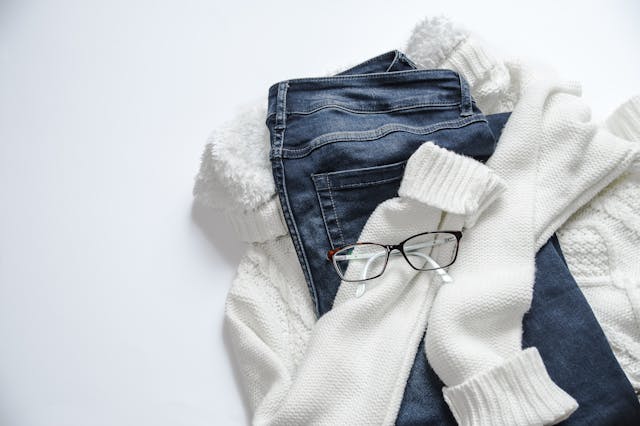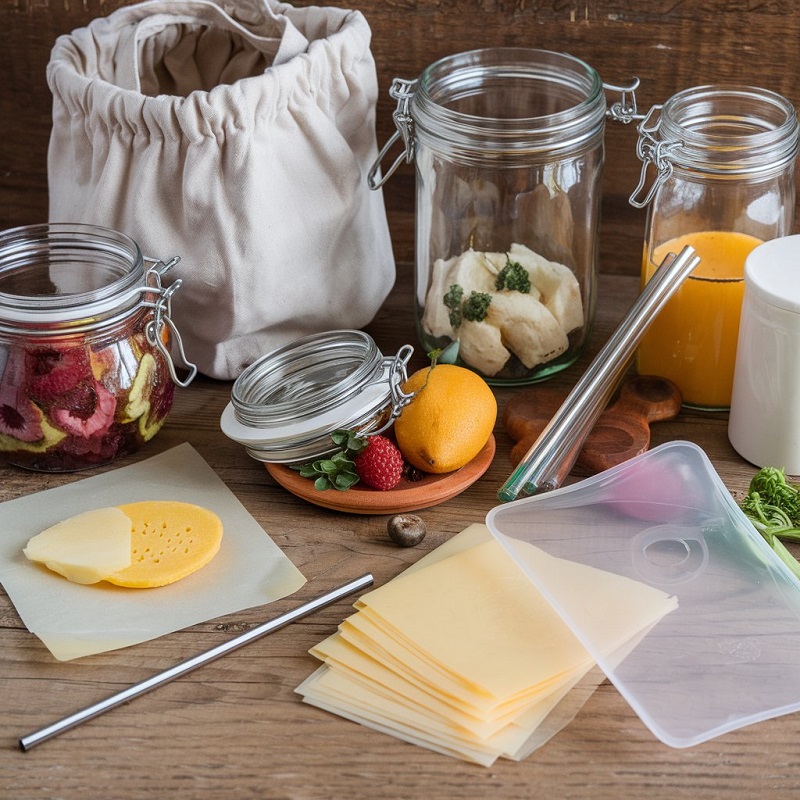“Zero waste” was born as a philosophy for creating tools to eliminate waste. The first factor we must realize is the amount of waste we produce daily, a crucial point for caring for the planet and personal care. Reducing waste must start first from our homes; here are some simple tricks to change your life and the entire planet.
There is no single alternative to conventional products. “Zero waste” has no fixed rules but only common objectives. Those who participate choose strategies that best suit their routine, creating a new and unique one. Ours are just some tips to get you started. But the real work is knowing how to maintain consistency and transform simple habits into an authentic lifestyle. Always remember: every small gesture can be the most impactful.
First necessity
- Replace paper tissues with cloth handkerchiefs.
- You could use reusable bottles (preferably glass or aluminium)
- Replace plastic bags with fabric bags.
- It may seem strange to you, but buying a single remaining banana can also be helpful.
- Take advantage of the libraries in your city for a non-consumption book exchange.
- You could reuse old jars, make bags or reuse bottles.
- Soda and baking soda can be used as antiperspirants.
- You can buy loose or solid shampoo and conditioner to avoid plastic packaging.
- Even face and body products could be solid…not to mention those for hands.
- Did you know you can make toothpaste at home? All you need is a little baking soda and coconut oil.
- Replace dry shampoo with cornstarch (if your hair is darker, add cocoa powder)
- Please don’t give up on make-up and produce it with your ingredients in the kitchen (mascara from almonds, cocoa powder as ground)
- A good choice for women may be to use a menstrual cup or washable and reusable pads.
Clothes: more quality, less quantity
- Try to have a minimalist wardrobe
- Avoiding unnecessary shopping and only buying what you need 100% is essential
- Buy fewer but higher quality clothes. You will spend a little more, but they will last longer
- Revalue second-hand things
- You can also use fabric bags when shopping
- Please don’t throw away damaged clothes. You can repair them or give them new life
- Donate what you no longer use
- You can rent your uniform
Zero waste, even in the kitchen
- Sponges can be replaced with compostable brushes and rags
- Use cloth napkins and not paper ones
- Eliminate aluminium foil, film and plastic bags and use beeswax wraps
- Try to buy food locally and directly from its producer
- Avoid palm oil
- A diet plan governed by a diet can reduce food waste
- Buy in bulk, reuse jars and make bags while shopping
- Learn to drink tap water. It is not necessary to buy the bottled one
- Buy a composter (there are some exquisite ones to decorate your kitchen)
- Have they ever told you: recycle, recycle, recycle?!
- Vegetable broth can also be cooked from the peels of its vegetables
- Open the oven after cooking: it will not only heat your home but cool the oven faster
Bathroom and cleaning
- Use 100% recycled toilet paper.
- Replace classic toothbrushes with bamboo ones.
- You don’t need to run too much water while brushing your teeth. Turn off the water.
- You could alternate classic cleaning products with those created at home with bicarbonate of soda, vinegar, lemon, etc.
- Wooden brushes, metal scouring pads, rags or old toothbrushes can all make great cleaning supplies.
- Use worn clothes as rags.
- White vinegar can be a great agent in the dishwasher, and a few drops and essential oils will create a fabric softener in the washing machine.
- Wash clothes with cold water if possible.
- Iron less
Zero waste, even in the office
- Try to avoid junk mail, such as advertising
- Request electronic invoices
- Refuse free pens and promotional materials
- Print double-sided and reuse those single-sided sheets
- Recycle in the office, too
- Recover paper clips for reuse
- Business newspapers can also be found in libraries; look for them, and don’t buy them; read them online.
The garden without waste
- Create a place for compost
- Collect rainwater and graywater
- Donate the plants you no longer want
- Return the plastic containers to the nursery
- Did you know the lemon tree can be fertilized twice or thrice a year with urine?
- Try organic insecticides
- Look for more news about permaculture.
These are our recommendations. Some may seem curious to you, and you may not share them. But the important thing is always to remember that with small steps, we can change big things, first of all, our lives.





